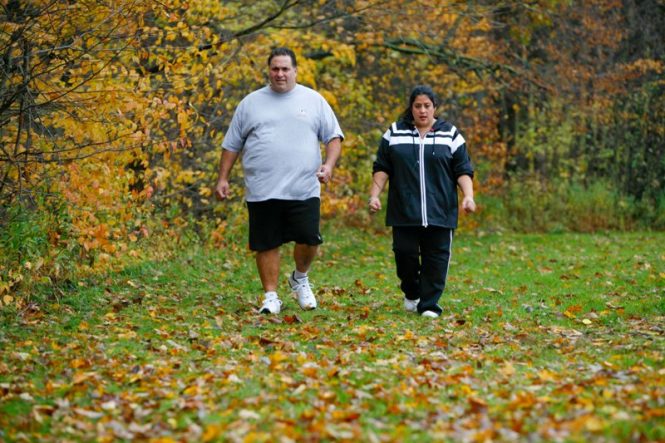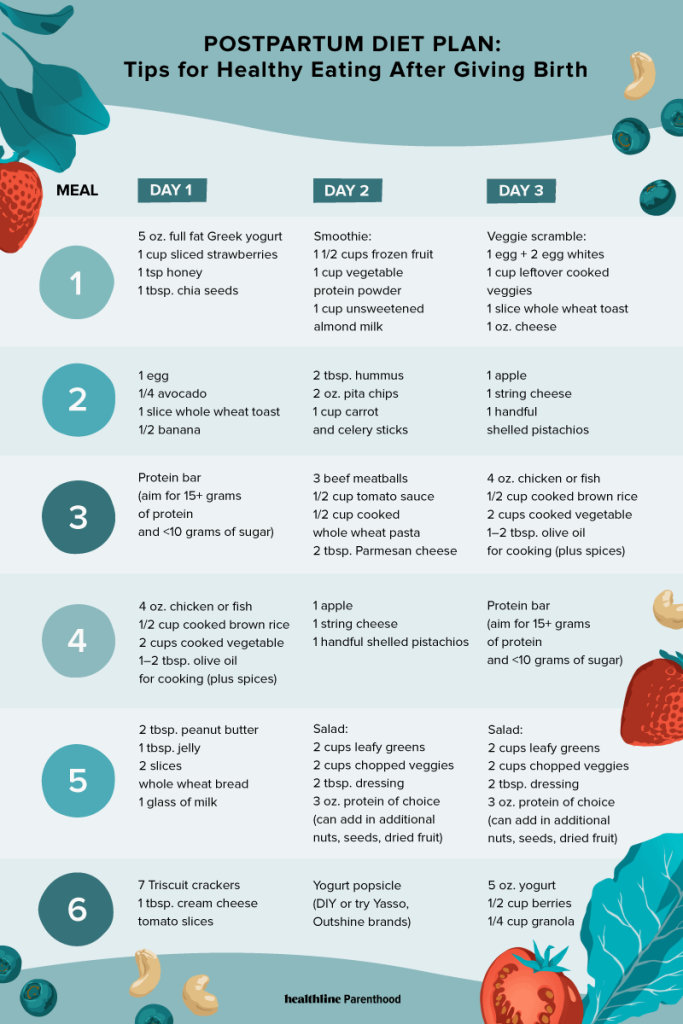

Navigating weight loss after pregnancy is a common concern for new mothers. It’s a transformative time, filled with joy and challenges, and often, the focus on regaining pre-pregnancy shape can overshadow the importance of overall health and well-being. Postpartum weight loss is a complex process, involving physical, emotional, and psychological factors. This comprehensive guide will equip you with the knowledge and strategies to navigate this journey effectively and healthily. We’ll delve into practical tips on diet, exercise, and mental well-being tailored to your postpartum needs, providing you with a roadmap for finding your postpartum rhythm. The guide is structured as follows: understanding the unique postpartum body, focusing on healthy eating habits, implementing safe and effective exercises, and prioritizing mental wellness throughout the process.
Understanding the Unique Postpartum Body
Hormonal Fluctuations
Postpartum hormonal shifts can significantly impact appetite, metabolism, and mood, impacting your weight loss journey. Fluctuations in hormones like estrogen and progesterone can lead to increased cravings and potentially increased storage of fat. Understanding these changes helps you approach weight management with empathy and realistic expectations.
Physical Recovery and Healing
The body undergoes significant changes during pregnancy and delivery. Whether it’s a vaginal or C-section delivery, the body needs time to heal. Prioritize rest and recovery. Pushing too hard too soon can lead to injury, hindering the weight loss process and increasing the risk of other issues like pelvic floor dysfunction. Be patient with your body’s healing journey.
Psychological Impact of Motherhood
Transitioning to motherhood can bring a spectrum of emotional experiences—from intense joy to fatigue and stress. Emotional well-being often gets overlooked in discussions about postpartum weight loss, but it plays a vital role. A supportive environment and mental health practices can greatly impact your ability to approach weight loss sustainably.
Focusing on Healthy Eating Habits
Prioritizing Nutrient-Dense Foods
Nourishing your body with nutrient-rich foods is paramount during postpartum. Focus on fruits, vegetables, lean protein sources, and whole grains. These foods provide essential vitamins, minerals, and energy for both you and your baby (if breastfeeding). A balanced approach is crucial for long-term well-being.
Portion Control and Meal Planning
Postpartum meal planning can be a lifesaver. Planning meals ahead of time can help you avoid impulsive decisions, leading to healthier choices and easier management of portion sizes.
Avoiding Dieting Fads and Crash Diets
Dieting fads and restrictive eating patterns often yield quick results but can be detrimental to your overall health, especially during a vulnerable time after childbirth. Sustainable weight loss is achieved gradually by creating lasting healthy habits.
Implementing Safe and Effective Exercises
Gentle Exercises for Postpartum Recovery
Begin with gentle exercises tailored for postpartum recovery. Walking, swimming, or light stretching can improve circulation, reduce pain, and gradually increase your energy levels. Consult with your doctor or a qualified physical therapist to discuss suitable exercises for your specific needs.
Incorporating Strength Training
Strength training can help tone muscles and improve metabolism after pregnancy, but always start slowly. Focus on building strength gradually with exercises suitable for postpartum recovery and don’t ignore core strength.
Listening to Your Body and Recognizing Limitations
Listen carefully to your body’s signals and avoid pushing yourself too hard. Rest and recovery are as important as exercise when navigating weight loss after pregnancy.
Prioritizing Mental Wellness Throughout the Process
Importance of Support Systems
Motherhood is challenging; lean on support systems. Connect with other new mothers or join support groups for emotional and practical support.
Cultivating Self-Compassion
Practice self-compassion. Acknowledge that setbacks are normal and part of the process, rather than letting them discourage you. It’s okay to adjust your goals and celebrate small victories along the way.
Seeking Professional Guidance
If you are struggling with weight loss, mood changes, or other emotional concerns, don’t hesitate to seek professional help. A therapist can provide guidance and support.
Creating a Sustainable Weight Loss Plan Tailored to Your Needs
Identifying Your Lifestyle and Preferences
Understanding your personal lifestyle, dietary preferences, and exercise routines is crucial for creating a weight loss plan that aligns with your preferences and daily schedule. This approach ensures sustainability.
Setting Realistic Goals and Expectations
Set realistic weight loss goals. Focus on long-term health and well-being rather than aiming for quick fixes. Gradual progress is key in ensuring your plan is sustainable.
The Importance of Consistency and Patience
Consistency and patience are essential in the journey of postpartum weight loss. Avoid falling into the trap of quick fixes or crash diets.
In conclusion, navigating postpartum weight loss requires a holistic approach that blends physical activity, nutrition, and mental well-being. Finding your postpartum rhythm is a journey, not a sprint, and patience and self-compassion are key. Remember, prioritize self-care, celebrate small victories, and lean on your support system. Consult with healthcare professionals for personalized guidance on your postpartum weight loss journey. Ready to reclaim your body and energy after pregnancy? Click here for a free guide on creating a sustainable weight loss plan tailored to your unique needs.